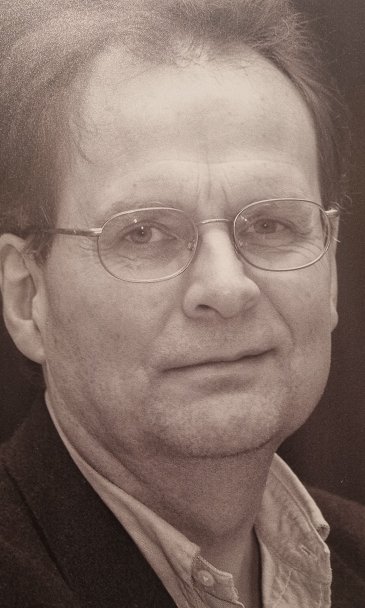Ola Listhaug was an international scholar, a mentor to numerous students and younger colleagues, and an entrepreneurial university administrator. He passed away on 14 September and will be missed by many.

Photo: NTNU
Ola Listhaug was born in the small community of Sjøholt in Western Norway, where he also eventually retired and died. Following studies at the University of Oslo, he moved to Trondheim and obtained his mag.art. degree in Sociology in 1971. As a 24-year-old in 1973, he was engaged as amanuensis in the newly established Department of Sociology and Social Studies (ISS), now the Department of Sociology and Political Science at NTNU. He obtained his PhD in 1988 and was promoted to full professor a few years later.
Ola’s main field was political sociology, particularly electoral research and political behavior. He is probably best known for his contribution to the study of electoral behavior, with Stuart Macdonald and George Rabinowitz. In an article based on survey data gathered in Norway with extensive information on the issue positions of all parties with potential for achieving representation in the parliament, they found support for their directional theory in a European multi-party system. In contrast to the widely favored spatial model of electoral behavior, they found that parties which occupy a centrist position on an issue are not evaluated on the basis of that issue. Voters neither love nor hate a party in the middle. In order to build support on the basis of issues, parties must offer some strong stands. The authors were awarded the Heinz Eulau Prize for the best article in the American Political Science Review in 1991 for that work.
Ola quickly established himself as an international scholar with an impressive academic output. He published on numerous aspects of public opinion, political trust, and voter behavior. In more recent articles, he examined public opinion on climate change and human rights, the effects of terror attacks on public opinion, and the relationship between religiosity and political action. Ola also played a central role as the Norwegian contributor to the European Values Study since it was established in the early 1980s. He was member of The Norwegian Academy of Science and Letters as well as The Royal Norwegian Academy of Sciences and Letters.
In addition to teaching and research, Ola held several important academic and administrative positions, including the role of Head of department at ISS for several periods. He was instrumental in establishing political science as a separate field within the Department in the 1990s. Ola was active in promoting research excellence and an international orientation many decades before the university itself introduced its own strategies and action plans towards this end.
When the Peace Research Institute Oslo (PRIO) was awarded funding for its Centre for the Study of Civil War in 2002, the first such Centre of Excellence in the social sciences in Norway, Ola served as the Head of the Centre’s working group on Values and Violence. He played an active role in developing the Centre and used his position to further strengthen the bonds between PRIO and NTNU, which remain strong to this day.
His research and his work with students and colleagues in Norway and internationally were Ola’s main passion. He was generous, inclusive, and caring and made a deep impression on those that had the good fortune of working with him. In 1996, he invited all the employees at ISS to his home for a ‘silver anniversary’ to mark the fact that he had been married to his job for 25 years. On another occasion, he promised an award of a case of good Bourdeaux to any colleague who succeeded in getting an article published in one of the top journals of the profession.
Ola retired in 2019, and although he had been ill in recent years, he retained his interest in political science and the social sciences, his colleagues, and his former students. He is remembered with fondness by us and by many of our colleagues.
Toril Aalberg, Department of Sociology and Political Science, NTNU
Nils Petter Gleditsch, PRIO